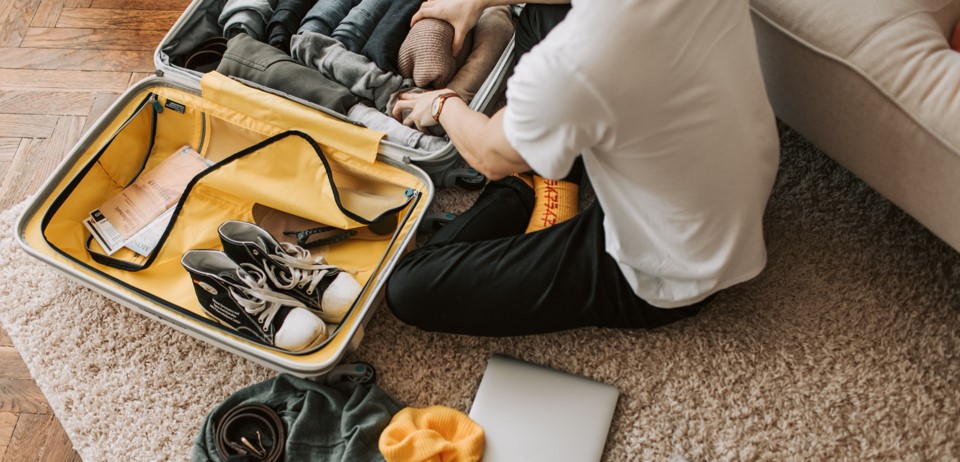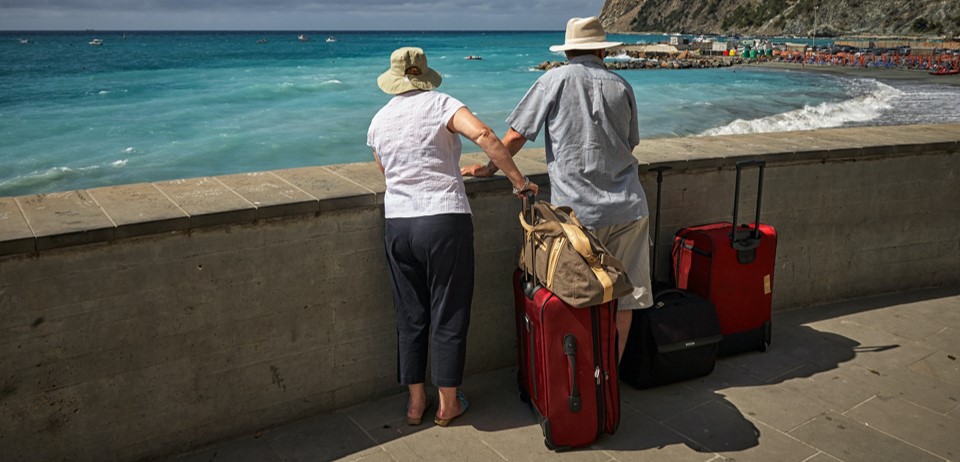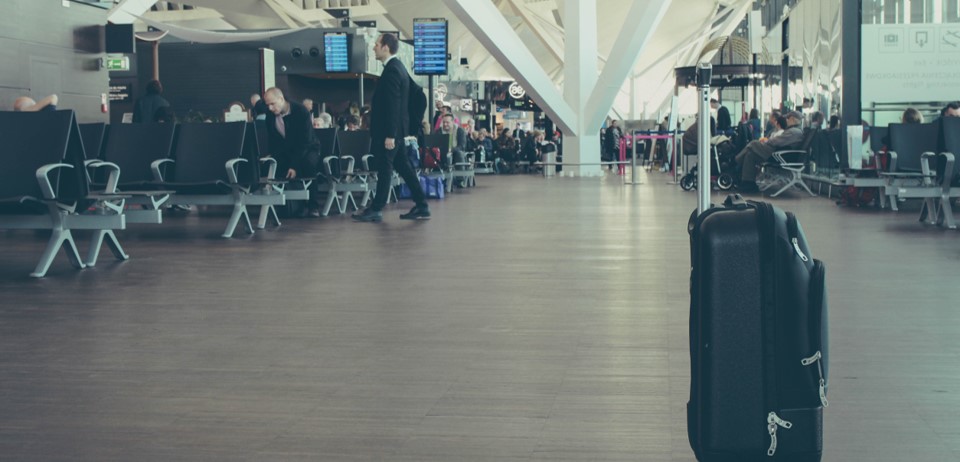Dengue Fever is an illness caused by a virus that is transmitted via a mosquito bite particularly the Aedes type of mosquito.
This type of disease commonly occurs in more of tropical and sub-tropical regions around the world: around 100 countries throughout Southeast Asia, Oceania and the Caribbean.
The mosquito carrying the Dengue virus breeds in both rural and urban areas; it easily adopts to the temperature changes and bites during the day.
Signs of Dengue Fever
Normally, symptoms of Dengue Fever is very similar to the common flu. Its incubation period is around 2 to 7 days before getting a very high fever, nausea, body & joint pains, and a skin rash to some parts of the body.
Up to today, there is no specific treatment created for this type of illness, however certain medications can help treat the symptoms such as antipyretics and analgesics for fever and pains. Aspirin, however, should be avoided.
In most cases, dengue fever is treated after a long convalescence. Although not so often, this type of sickness can lead into a much more serious illness – Hemorrhagic Dengue. This is generally characterized by heavy abdominal pains, getting a bloody nose and blood infiltrations under the skin (purpura). If this is not treated right away, it may be fatal, particularly for children under 15 years of age and for people suffering from immune deficiency.
How to prevent Dengue Fever?
Neither a vaccine nor a specific treatment exists. It is therefore critical to take individual precautionary measures to protect yourself from mosquito bites. These measure are essential in zones endemic with Dengue Fever, or during seasonal outbreaks of the disease. Here are a few easy-to-follow recommendations to help you significantly reduce the risks:
Protect windows with fine-mesh screens. The screens should be in good condition and treated, if possible, with an insecticide,
Have air-conditioning working in the room,
Sleep under a mosquito net (in good condition), treated with insecticide. It should fall and touch the floor or be tucked under the mattresses,
Do not stay outside at night for too long,
Wear clothing with long sleeves and long trousers; you can also spray them with insecticide,
Apply insect repellents regularly to your skin,
Don’t forget that the mosquitoes are there, waiting for you, as soon as you get off the plane!
So carry in your hand luggage the proper clothing and sprays, especially if you are scheduled to arrive at the end of the day or in the evening. If you have any problem while travelling, don’t wait until you get home to consult a doctor. The regulating doctor of your assistance company is available to discuss any questions or doubts you may have about your health. He/she can provide useful advice, contact your family doctor and organize a consultation wherever you are. If you have not found any travel insurance or assistance company and unsure which one to choose, you may read the travel insurance buying guide.
The travellers who need protection
Children under 15 years of age and people with a weakened immune system are more likely to contract the serious type of Dengue illness. It is therefore essential to strictly apply the preventive measures mentioned above.

















